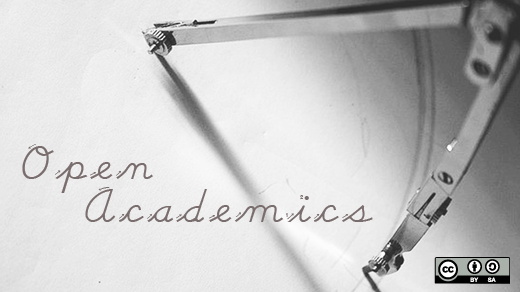Academics - students and teachers both - often want to know what open source community participation will "count" for. Course credit? Research and publication? Better tools to increase efficiency? Teaching? Presentation opportunities?
The answer is "yes."
Let me show you something. Don Davis and Iffat Jabeen, graduate students in Educational Technology at Texas State University have written a tutorial introduction to the open source statistics language R that includes a study on legitimate peripheral participation in the GNU/Linux community that uses the software and methodology. Basically, the study is the example they use in the tutorial, or they wrote a tutorial on how they did their study, or...
Wait. How many things did they manage to pack into a single project? Let's take a look. They've made...
- A Texas LinuxFest presentation - open source - speaking
- On an academic paper academia - research
- Using open source software open source - usage
- For statistical analysis academia - research
- Of sociological patterns ("legitimate peripheral participation") academia - research
- In an open source community (GNU/Linux) open source - introspection
- Being used as a tutorial example academia - teaching
- For an open source programming language (R) academia - teaching
See the Texas LinuxFest presentation slides on the R tutorial they wrote using their paper, "Legitimate Peripheral Participation in the GNU/Linux Community", as a case study--whichever way you slice it, it's a win for all the groups involved.
Open source allowed Davis and Jabeen to bridge a stunning number of communities and domains with a single project - a great addition to their portfolios. What other fascinating community-research hybrids have hit your radar? Tell us about them!







1 Comment